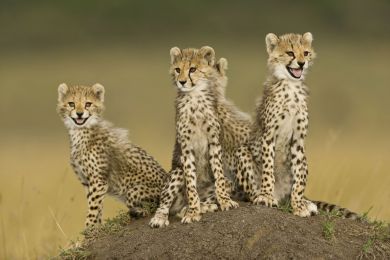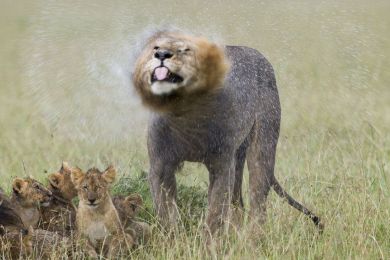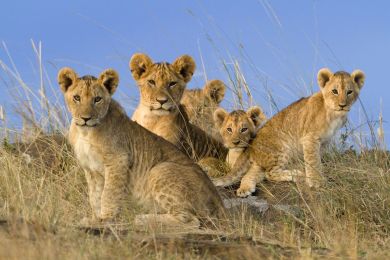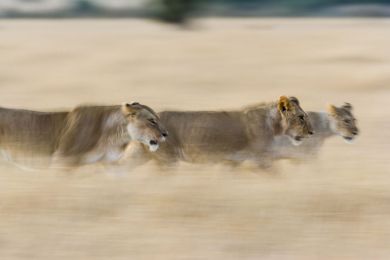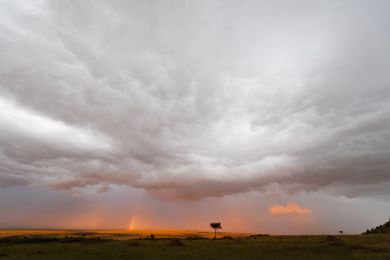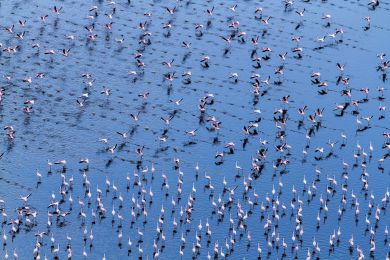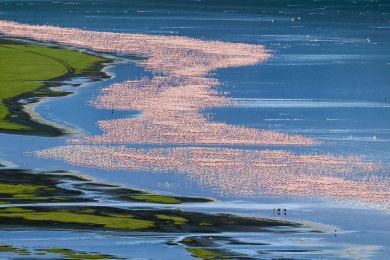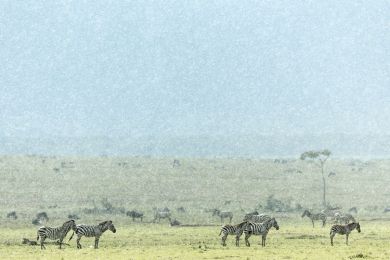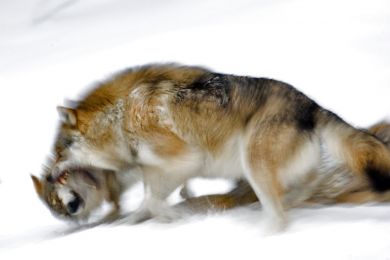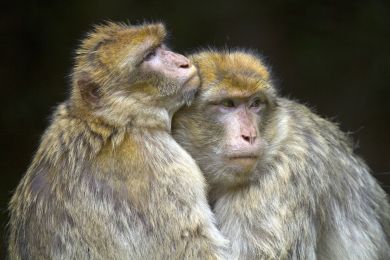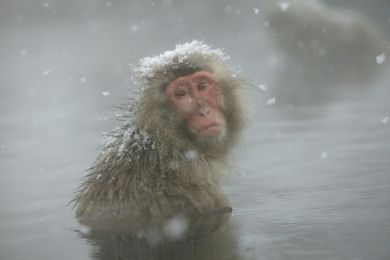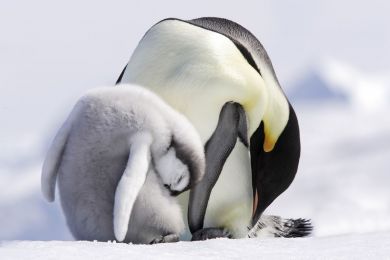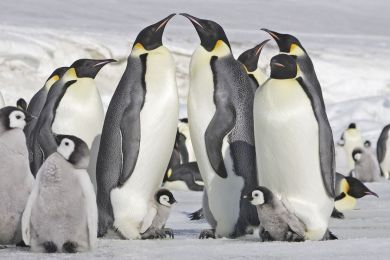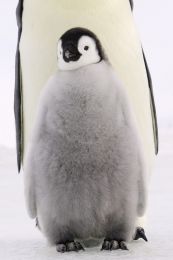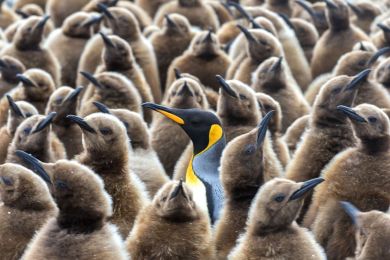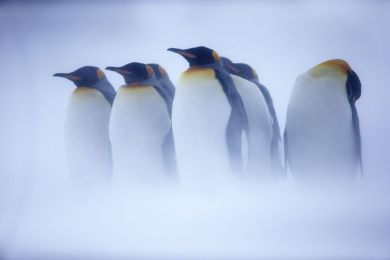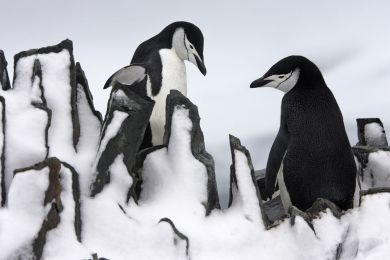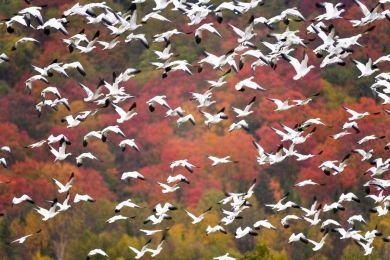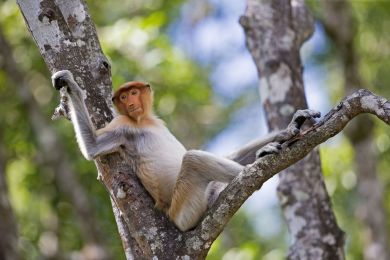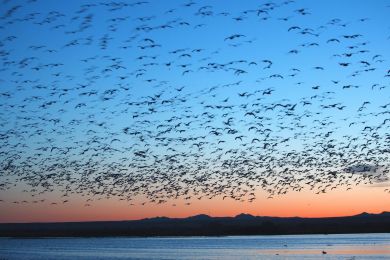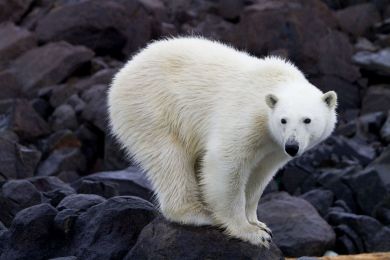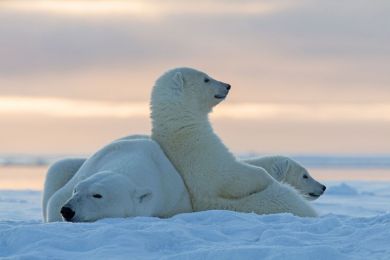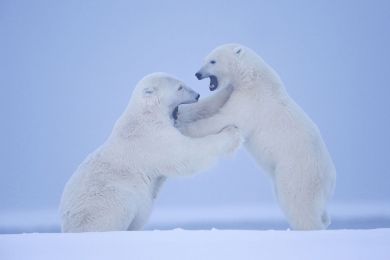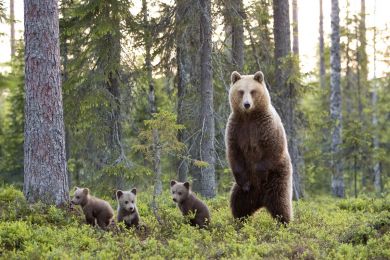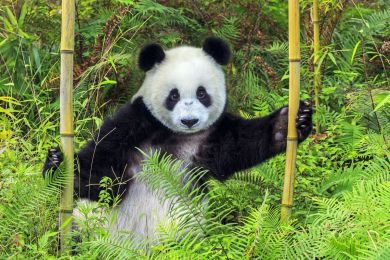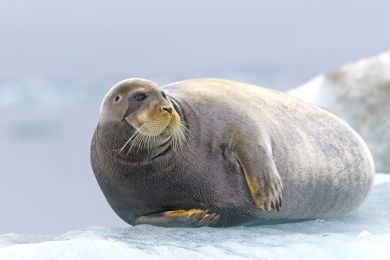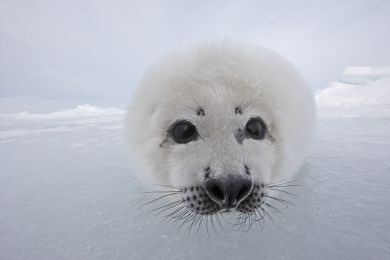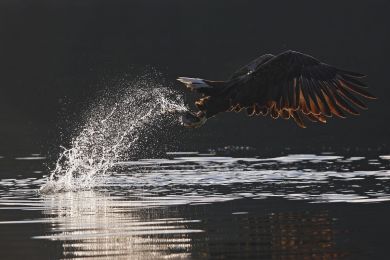By buying this product you can collect up to 155 loyalty points. Your cart will total 155 points that can be converted into a voucher of 31,00 €.
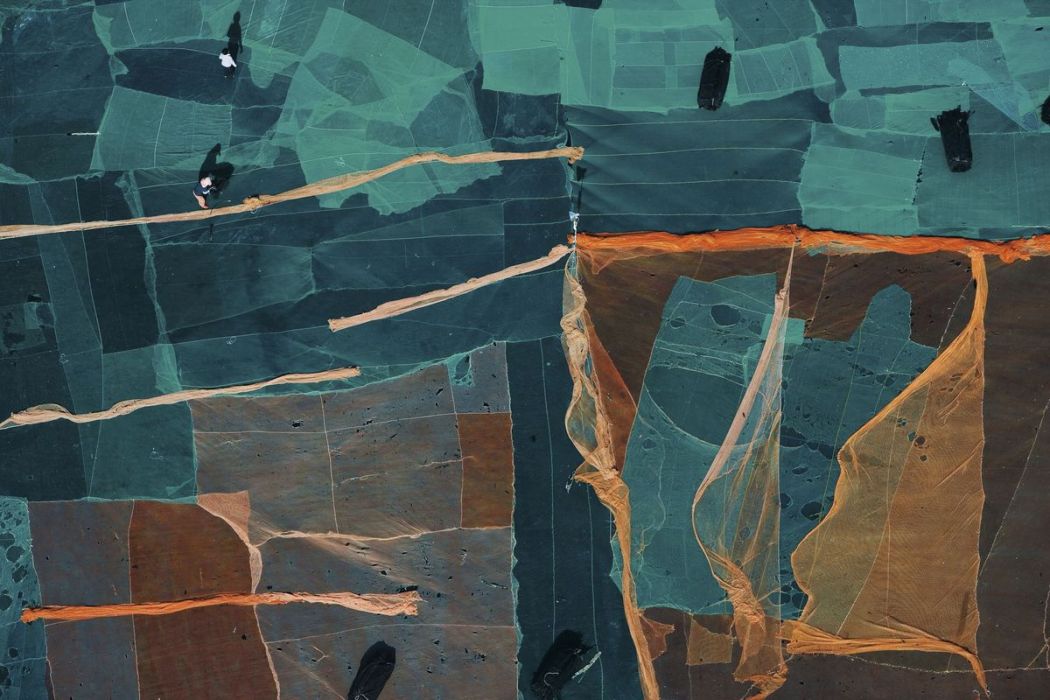 View larger
View larger
Picture information
Nets, South Korea
Yann ARTHUS-BERTRAND
Art Photography by Yann ARTHUS-BERTRAND, nets used for drying algae, Wando Archipelago, South Korea. In this archipelago of over 200 big and small, inhabited and uninhabited islands in the southeast Korean peninsula, aquaculture, algae culture in particular, is the main activity.
Data sheet
| Orientation | Landscape |
| Color | Green |
Nets, South Korea
Yann ARTHUS-BERTRAND
Art Photography by Yann ARTHUS-BERTRAND, nets used for drying algae, Wando Archipelago, South Korea. In this archipelago of over 200 big and small, inhabited and uninhabited islands in the southeast Korean peninsula, aquaculture, algae culture in particular, is the main activity.
Fine Art Photography
Print by Experts
100 % Made In France
A recognized expertise, a search of permanent quality.
Printed by a professional photographic laboratory.
All prints are made to order, controlled by the Technical Director.
A certificate of authenticity is provided with each photograph.
Framework made by selected materials to give you the best results. every step of the processing is monitoring by experts.
Loyalty points
Gift Card
Don't miss the opportunity to do the best present...
The whole Yann Arthus-Bertrand photos available with Hemisgalerie gift card.
Lets your guest choose the best image.
Amount from 50 €, create and download directly on our website, valid for one year including promotions.
The original gift for all events
More info
In this archipelago of over 200 big and small, inhabited and uninhabited islands in the southeast Korean peninsula, aquaculture, algae culture in particular, is the main activity. Before, algae solely came from harvesting but today algae for consumption are grown in large quantities. Koreans, together with the Chinese and the Japanese are some of the biggest consumers of algae in the world. In 2006, Korean algae production reached 65.000 tons (wet weight). Some species are dried and sold in the form of leaves and used to wrap sushi and others are used in soups or sauces. These algae are real “sea vegetables” and are an important source of protein and vitamins. Algae culture can easily be considered as a means of sustainable development. This activity requires clean water and does not destroy the marine environment in which the crops are grown. The Food and Agriculture Organization of the United Nations (FAO) now encourages algae culture throughout the world as an effective way of fighting food insecurity and poverty. There are also innumerable researches going on in order to produce algae fuel.
















































